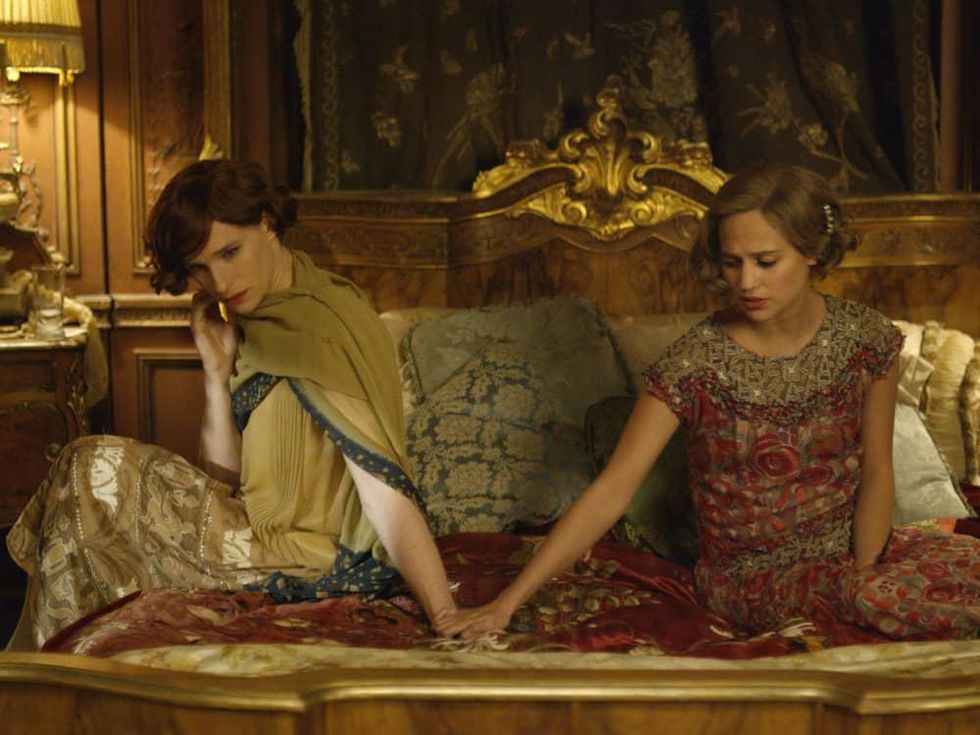Movie Review
Oscar-bait film The Danish Girl doesn’t live up to its potential
Every year, there are so-called “prestige” movies that get hyped because of the presence of previous award winners. The Danish Girl is a perfect example, because it is directed by Tom Hooper, who won an Oscar for The King’s Speech, and stars Eddie Redmayne, who won the Best Actor Oscar just last year for The Theory of Everything.
It’s also a clear case of Oscar bait, as Redmayne plays Danish artist Einar Wegener, who was married to fellow artist Gerda Wegener (Alicia Vikander). The film shows them making their individual marks on the 1920s European art world, supporting each other no matter what obstacles come their way.
The biggest obstacle occurs when Einar decides that he is not comfortable in his own skin and would like to start living life as a woman. What starts off as somewhat of a lark turns into something much deeper, and Einar — who changes names to Lili Elbe — explores a relationship outside of marriage and contemplating becoming the first person to ever undergo gender reassignment surgery.
Hooper and screenwriter Lucinda Coxon attempt to show how Einar’s transition into Lili was a gradual one, but something about the process feels off from the start. It’s not that the transition is not believable, but more that the relationship between Einar/Lili and Gerda feels less than authentic.
As the two come to grips with the presence of Lili, their relationship ebbs and flows. But their interactions often feel stilted, as if Hooper and Coxon are forcing a feel-good narrative onto a story that might not have been as chummy as they make it out to be.
Then there’s the idea that, despite taking place entirely in countries where English is not the dominant language, nothing but English is spoken. Heck, there’s hardly an attempt to have the actors use their characters’ native accents. Not a lick of Danish is spoken, not even for scene-setting purposes.
None of this is the fault of Redmayne or Vikander, who deliver lovely performances, though perhaps not as great as others would have you believe. Redmayne gets back into our good graces after the abomination that was Jupiter Ascending, while Vikander continues her rise that started with Ex Machina.
Stories about transgender people are growing by leaps and bounds in film and television nowadays, and a movie about one of the first well-known transgender women had the potential to be compelling. But the necessary emotional connection never comes.




